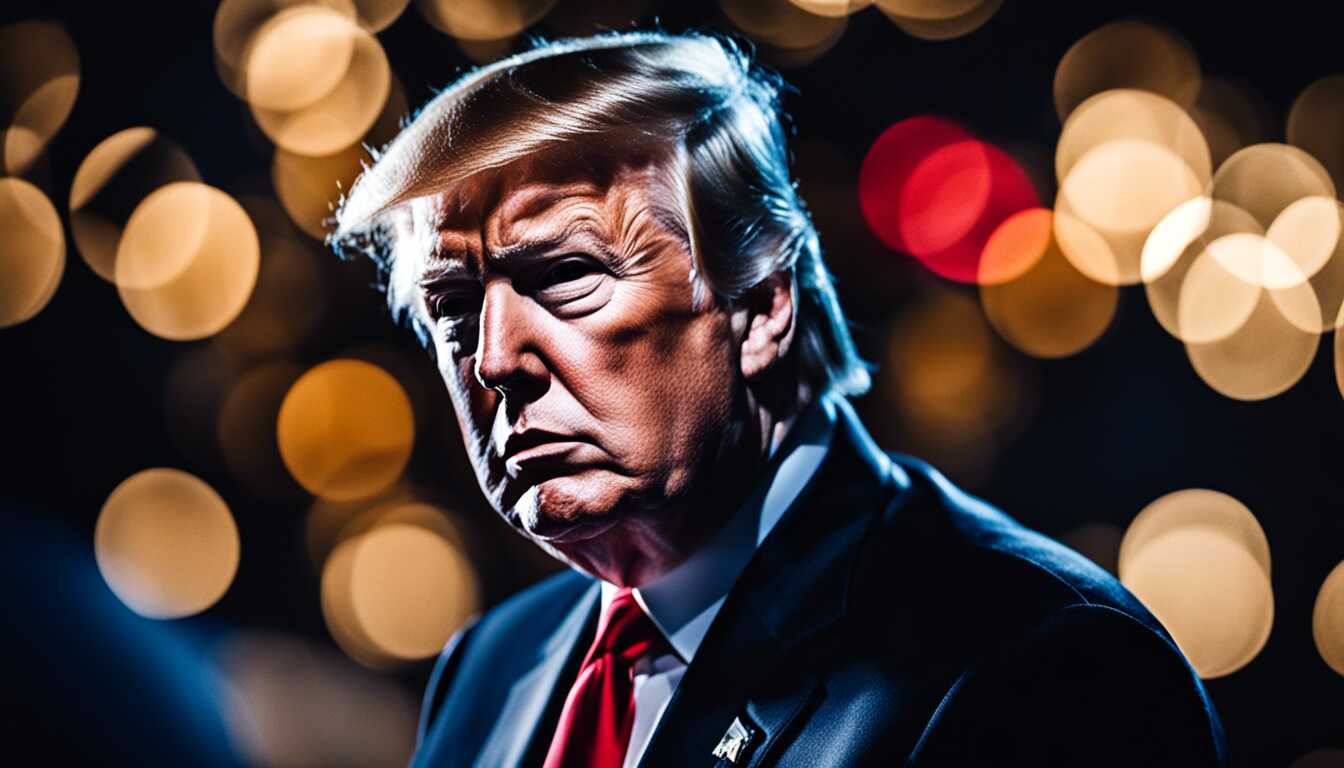
Donald Trump's Legal Battle: What Happens After the Rejection of His Immunity Claim?

In a significant legal development, a U.S. appeals court has ruled that Donald Trump is not immune from criminal charges related to his alleged efforts to overturn the 2020 election results. Despite this decision, the former U.S. president's path to trial is not immediate.
Plans for appeal
Following the ruling by a three-judge panel of the U.S. Court of Appeals for the District of Columbia Circuit, a spokesperson for Trump's campaign has indicated plans to appeal. Trump's legal team could seek a review of the panel's ruling by the full D.C. Circuit court or bypass this step and directly approach the U.S. Supreme Court.
Case proceedings
Progress in the case has been paused since December, with Trump focusing on the immunity claim. The scheduled March 4 trial date has already been postponed due to the ongoing appeal process. The appeals court has temporarily stayed the effect of its ruling, giving Trump time to escalate his appeal to the Supreme Court. If the Supreme Court agrees to hear the case, further delay can be expected as the high court deliberates.
Potential delays and ramifications
Trump's pursuit of delay is strategic, potentially impacting the timing of any trial. A successful delay could benefit Trump, especially if he emerges as the Republican nominee for the presidency in November. This delay could also enable Trump to consider pardon options or influence the Justice Department's stance on the charges. Any postponement would also avoid a trial during the critical campaign season.
Uncertain trial timeline
The timing of the trial remains uncertain. U.S. District Judge Tanya Chutkan, overseeing the case, recently postponed the March 4 trial date, with the expectation of scheduling a new date once the case returns to her court. If the Supreme Court declines to take up Trump's immunity appeal, the case could return to Chutkan's court in the coming weeks, potentially leading to a trial in the spring or early summer. However, the conservative majority in the Supreme Court, which includes three Trump nominees, may influence the situation.
The legal limbo
If the Supreme Court decides to consider the appeal, the case will remain in a state of legal uncertainty. The trial's timeline will hinge on the speed with which the high court delivers its ruling. A ruling in favor of Trump's immunity could lead to the termination of the case or trigger further delays as the courts assess which charges in the indictment hold ground.
Share news















